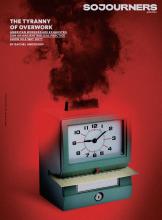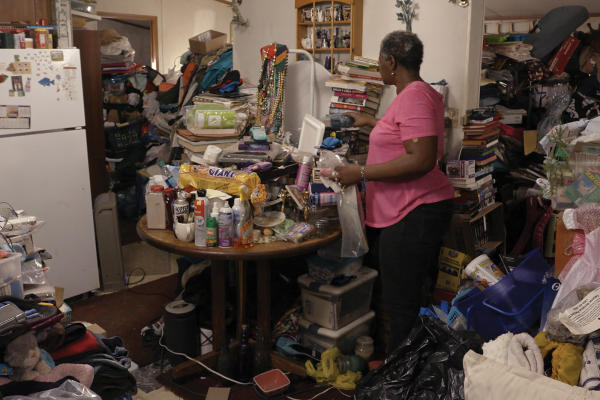SOME TV SHOWS are as great as our greatest literature. Programs such as The Sopranos, The Wire, Mad Men, and Breaking Bad are Dickensian in their sprawl and Shakespearean in their tragic characters’ deceptions. But one show in this current Golden Age of television is the most oft-overlooked of its peers, one whose greater feat—or unfairness to screenwriters—is that it’s not scripted. I’m talking about A&E’s reality show Hoarders.
I’m not kidding. What often draws people to watch those suffering from hoarding disorder and the psychologists, professional organizers, and loved ones trying to help them overcome mental illness is the typical reality TV magnet: Seeing the life of someone worse off than you. But there’s more to Hoarders than that. A good episode is nothing less than a short story similar to those by Alice Munro, vivid in its deep analysis of real life, family dynamics, and psyches in danger and repair. Almost every night for the past month, watching has been like studying fiction writing in some of the best (and cheapest) creative writing courses I’ve ever taken.
Read the Full Article

